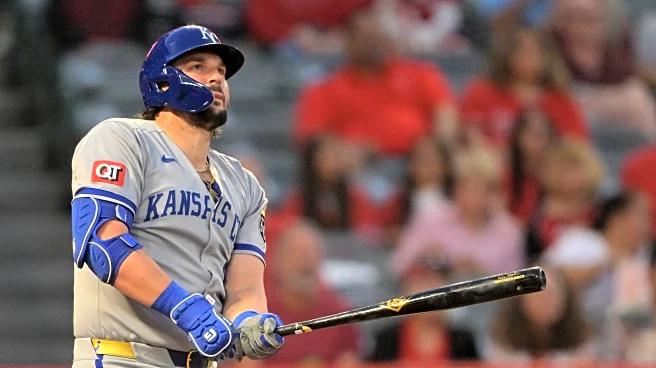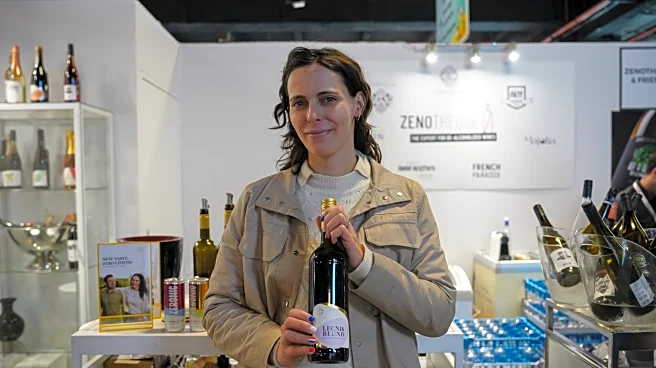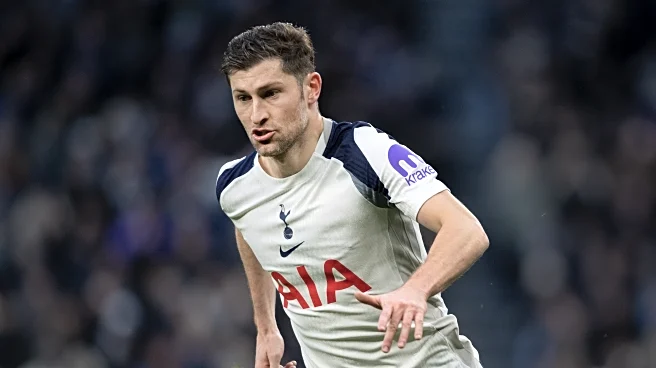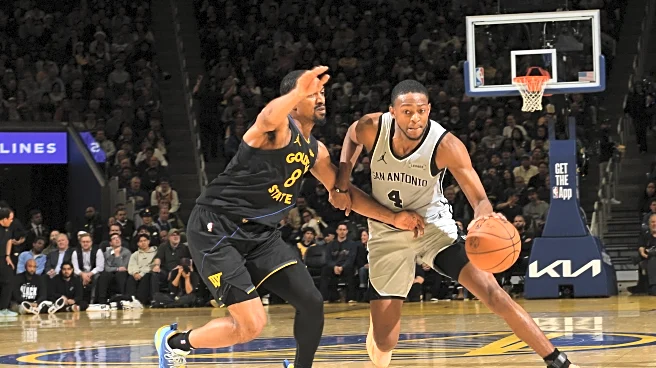Vinnie Pasquantino has carved a spot on the Kansas City Royals as one part slugger, one-part core building block, and one part of quasi-mascot. His MLB debut season was tantalizing, and he finally had a fully healthy season in 2025 where he amassed some truly impressive counting stats: 30 home runs, 100 runs batted in, 160 games played.
A few years still remain before Vinnie will become a free agent, but become a free agent he will–that is, unless the Royals sign him to an extension.
Extensions are
great because everybody benefits to some degree. Players will give up a few years of earning power but receive significant guaranteed money in return. Teams, meanwhile, assume the risk of a player getting hurt or not living up to expectations in return for at least one (and usually multiple) years of additional control at a discounted rate.
But there is a goldilocks zone where extensions make sense. Players must be just good enough and just far enough away from free agency for a deal to make sense. Otherwise, a player can simply test the free agent waters, where they almost always receive better offers that way. The risk/reward ratio for both sides can become out of balance pretty quickly.
And while Vinnie had a good 2025, I don’t think he’s a good extension candidate this year. I think he could be a good extension candidate next year, though.
Why? The main thing is that Pasquatch was good but not great in 2025. The anemic Royals offense highlighted his best sides, but zoom out and Vinnie’s performance relative to his peers was much more pedestrian. This year, there were 25 primary first basemen with 500 or more plate appearances. Vinnie ranked the following:
- ISO: 8th
- OPS: 12th
- AVG: 13th
- wRC+: 14th
- WAR: 14th
- OBP: 18th
- BB%: 19th
That’s not a bad player by any means. But is it one you want to go out of your way to offer a multimillion dollar extension to if this is his career year? That gets dicey.
The other reason why the Royals shouldn’t feel like they need to offer Vinnie an extension is simply a product of his age and position. See, Vinnie won’t be a free agent until 2029, when he’s in his age-31 season.
First basemen don’t tend to offer value outside of their bat—they don’t play another position, and they’re not a threat to steal, and defense is nice to have but not required. And so, we’ve seen many, many first basemen decline precipitously after reaching their early 30s. Prince Fielder, Billy Butler, Chris Davis, Eric Hosmer, Ian Desmond; all were high-profile first basemen who signed multiyear free agent contracts. None were productive past their age-32 season, and none played beyond their age-34 season.
Multiyear contracts for first basemen are so risky, in fact, that Josh Naylor’s recent deal with the Mariners is the first free agent contract of more than four years for a first baseman since future Hall of Famer Freddie Freeman signed with the Los Angeles back in 2018.
That’s not to say that every first baseman turns into a pumpkin once their age shifts from starting with a two to starting with a three. The 38-year-old Carlos Santana was great for the Minnesota Twins last year. Kendrys Morales was productive in his age-32 and age-33 seasons for the Royals a decade ago. The aforementioned Freeman is still one of the best hitters in baseball as a 36-year-old.
The takeaway for the Royals is not that Vinnie is doomed to be bad in his age-31 and age-32 seasons–the two most likely years an extension would buy out. Rather, the takeaway for the team is that they better be sure that Vinnie is liable to be worth the contract. The takeaway for Vinnie is that he better make sure he’s maximizing what is probably his one shot at a multimillion-dollar deal, whether he signs it now or in free agency.
In other words, there’s too much risk for both sides here at the moment. Should Vinnie turn in another similar (or even better!) season next year, he’ll be able to command more for an extension and the Royals would be more confident he’ll be able to age gracefully. In the meantime, Vinnie’s pay will rise substantially in his first year of arbitration and he’ll get another shot at convincing his team that he deserves a big contract and be a big part of the team for another half decade more.
















